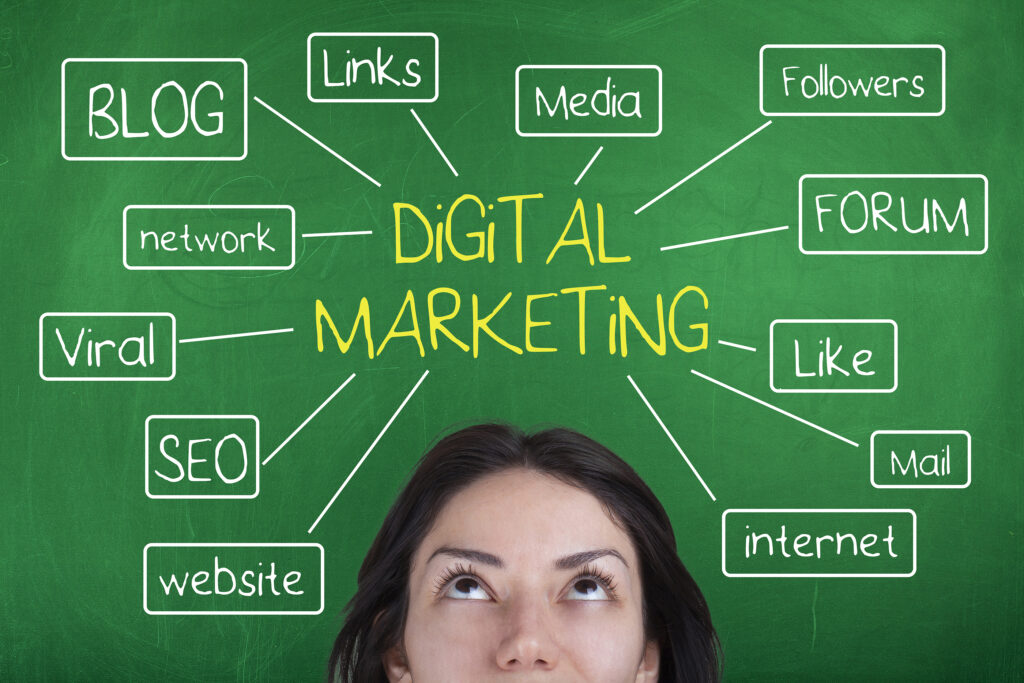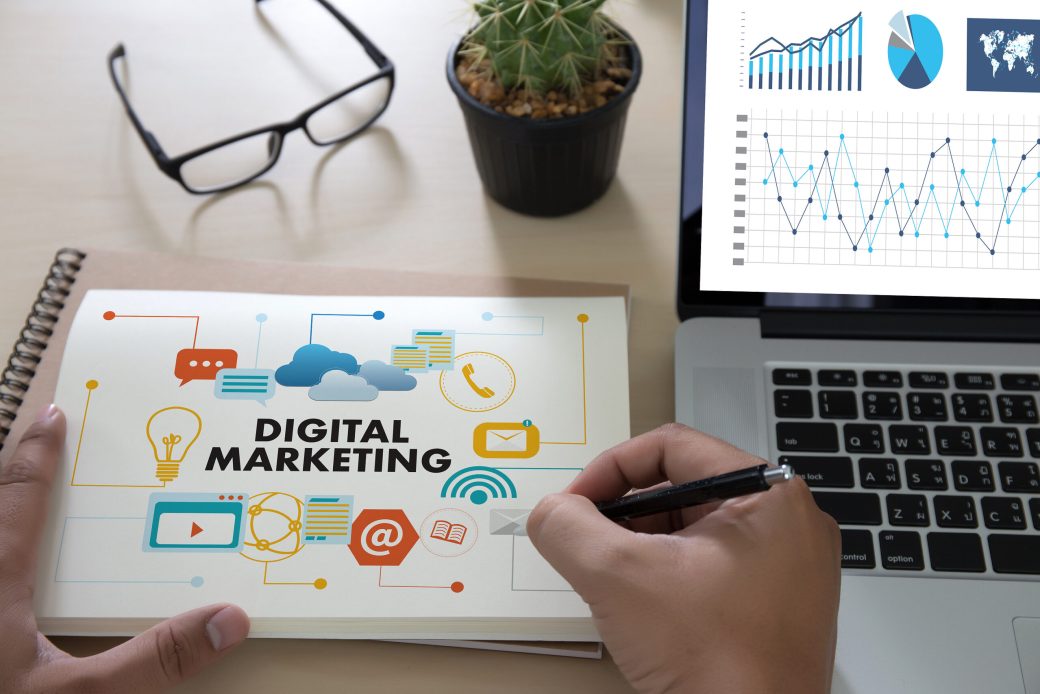The Future of Marketing: A Technology-Driven and Customer-Centric Strategy
What if you could create personalized and relevant content for your customers, based on their preferences, behaviour, and feedback? What if you could deliver immersive and engaging experiences for your customers, by blending the physical and digital worlds? What if you could collect and leverage real-time data from your customers, to optimize your campaigns and improve your results?
These are not just hypothetical questions. These are the realities of marketing in 2024 and beyond, thanks to the rapid and disruptive changes in technology. Technology is transforming the way marketers interact with their customers, deliver their messages, and measure their outcomes. Technology is also creating new opportunities and challenges for marketers, who need to embrace and adapt to these changes, or risk being left behind.
Let’s explore some of the key trends and innovations that are shaping the future of marketing, and how they affect various aspects of marketing, such as content, experience, data, and trust:
Artificial Intelligence: The Necessity, Not the Novelty, for Marketing Success – Artificial intelligence (AI) is the technology that enables machines to perform tasks that normally require human intelligence, such as learning, reasoning, and decision-making. AI is enabling marketers to analyze large amounts of data, generate insights, and automate tasks. AI can help marketers create personalized and relevant content, optimize campaigns, and predict customer behavior. AI can also enhance the customer experience, by providing chatbots, voice assistants, and recommendations. AI is becoming a necessity, not a novelty, for marketing success. According to a report by Salesforce, 57% of marketing leaders say AI is absolutely or very critical in helping their company create 1-to-1 marketing across every touchpoint, and 57% of consumers are willing to share personal data in exchange for personalized offers or discounts. However, AI also poses some challenges and risks for marketers, such as ethical, legal, and social implications, data quality and security issues, and human-machine collaboration and communication problems. Marketers need to be aware and responsible of these challenges and risks, and use AI in a transparent, ethical, and human-centric way.
Virtual and Augmented Reality: The Immersive and Engaging Experience for Customers – Virtual reality (VR) and augmented reality (AR) are technologies that create immersive and engaging experiences for customers, by blending the physical and digital worlds. VR creates a simulated environment that the user can interact with, while AR overlays digital information or objects on the user’s view of the real world. VR and AR can help marketers showcase their products, tell stories, and create emotional connections. VR and AR are creating new possibilities and opportunities for marketing, as they can provide a more realistic and memorable experience for customers, and increase their satisfaction and loyalty. However, VR and AR also present some challenges and limitations for marketers, such as technical, financial, and operational barriers, user adoption and acceptance issues, and content creation and distribution difficulties. Marketers need to overcome these challenges and use VR and AR in a strategic, creative, and effective way.

Internet of Things: The Network of Data and Interactions for Customers – Internet of things (IoT) is the technology that connects devices, sensors, and objects to the internet, creating a network of data and interactions. IoT can help marketers collect and leverage real-time data, monitor customer behavior, and deliver personalized and contextual offers. IoT can also improve customer satisfaction, by providing convenience, security, and efficiency. IoT is creating new opportunities and challenges for marketing, as it can provide a more comprehensive and accurate view of the customer journey, and enable more personalized and timely communication and interaction. However, IoT also poses some challenges and risks for marketers, such as data privacy and security issues, data integration and analysis problems, and customer trust and consent concerns. Marketers need to address these risks, and use IoT in a responsible, ethical, and customer-centric way.
By following the highlighted practices, marketers can use blockchain to create a more secure and transparent relationship with their customers and partners, and increase their efficiency and profitability. Technology is revolutionizing marketing in 2024 and beyond, by creating new possibilities and opportunities, as well as new challenges and risks, for marketers. Technology is also changing the expectations and behavior of customers, who demand more personalization, convenience, and trust from marketers.
Marketers need to embrace and adapt to these changes, by learning new skills, adopting new tools, and experimenting with new strategies. Marketers also need to keep the customer at the center of their strategy, by using smart data, breaking down silos, and measuring their marketing based on the true value these customers have on the business.
By doing so, marketers can create a competitive advantage and deliver a better, more personalized experience for their customers in this new age of technology. Do you have any questions or comments? Please share your thoughts and feedback with us. We would love to hear from you.
Taking You A Step Further

To promote your products, services, and offers on Go Places Digital contact us at:
+254724740527 or +254724786999
Email: mansoor@goplacesonline.com or nev@goplacesonline.com





